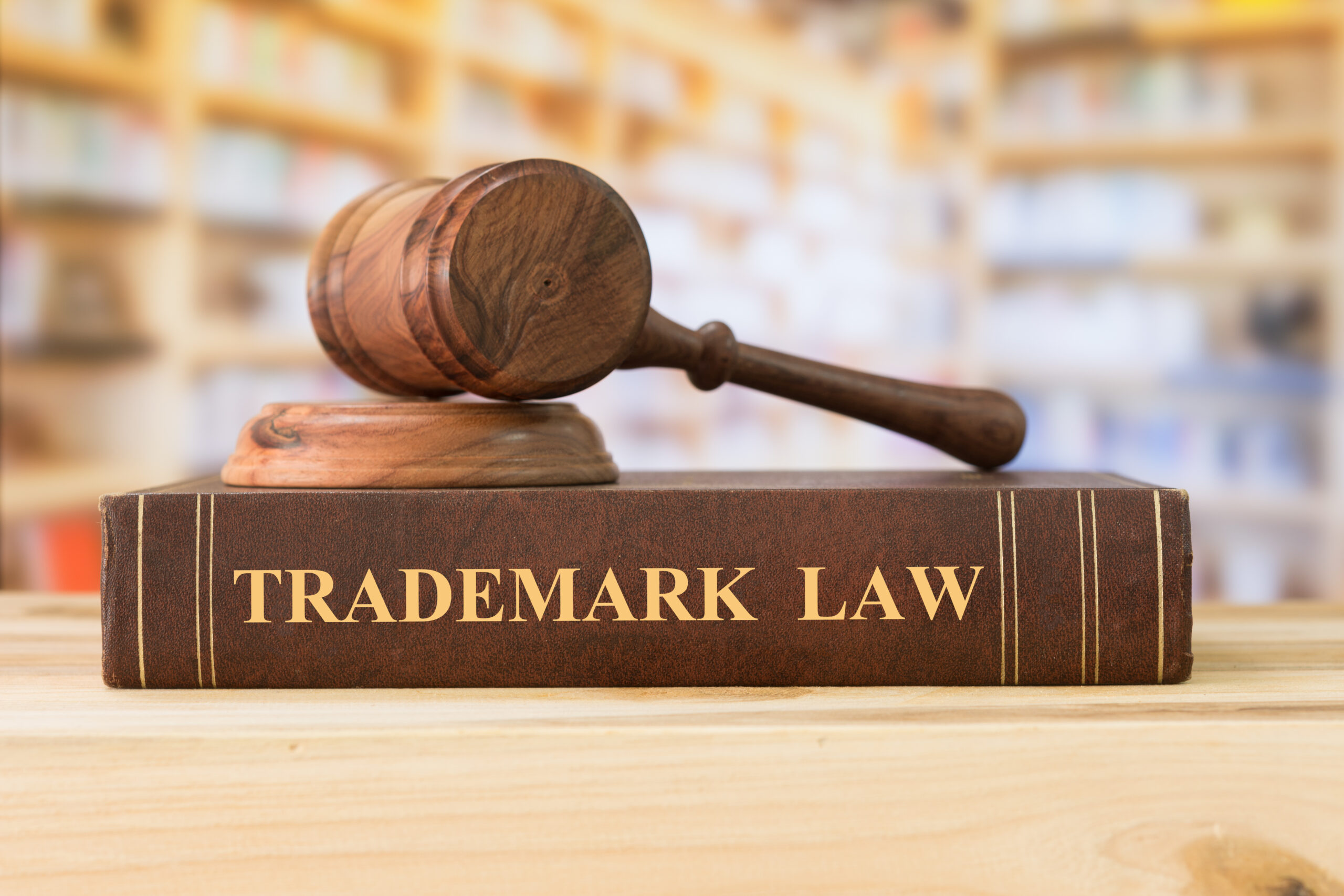Subscribe
A registered trade mark may have significant benefits, including the value it can add to a business, and the ability to enforce legal rights
Your start-up business is the product of meticulous planning and hard work. The challenge is to mould it into a commercially viable venture. One issue which requires consideration early in the process is trade marking. Should I register a trade mark? What are the advantages? What happens if my trade mark is unregistered? Read on to find the answers.
What is a trade mark?
A trade mark identifies a product or service as unique. It performs three important functions:
- It tells the world that the product or service belongs to your business
- It distinguishes the product or service from other similar products or services
- It protects the brand from competitor activities in respect of those products or services
Trade marks are often associated with brand names and logos, but they can also include:
- Designs
- Images
- Shapes
- Sounds
- Colours
- Words
- Numbers
- Scents
- Packaging
A trade mark may exist even though you haven’t registered it. If your product or service enjoys a reputation and is recognisable in your target market, you may be able to claim an unregistered trade mark and identify it with the ™ symbol. However, for more robust protection, you will need to consider registration.
To register a trade mark, you need to complete an application process with IP Australia and pay a fee. The fee varies depending on the type of trade mark. The trade mark is then put on a public register, which gives public notice of your legal rights. A registered trade mark is identified with the ® symbol. The best way to achieve registration is to:
- Conduct a clearance search to ensure no other similar brands are already registered; and
- Carefully choose the appropriate products and services
Sometimes, trade marks are confused with business names, company names and website domain names. To understand the difference, let’s consider the example of The Oodie, an oversized wearable blanket.
The Oodie was new to the market in 2020. When the Covid-19 pandemic forced Australia-wide lockdowns as the weather cooled, Oodie sales increased exponentially. In November 2020, The Oodie was registered as a trade mark – more specifically, a word mark.
The trade mark is different from the company name, Davie Clothing Pty Ltd. Even though the trade mark is the same as the business name, the process and the rights granted to the owners of trade marks versus business names are very different.
What does a trade mark protect?
The trade mark gives your business the exclusive right to its use, unlike a business name. If other companies try to use it, you can take legal action against them.
In our example, the trade mark tells us that The Oodie is a unique identifier. Now that other companies produce their own versions of wearable blankets, we can distinguish the original from the imitators because of the trade mark. It also assures us of the quality of the original.
What are the advantages of registering a trade mark?
A registered trade mark serves as proof of ownership, which is critical if you’re ever in dispute with someone over its use. Even more important, however, is your ability to sell your trade mark. A registered trade mark is a saleable business asset. The better your business performs, the more valuable the registered trade mark becomes. You can also enter into a licence agreement to allow someone else to use your trade mark on your terms.
Legal enforcement options further illustrate the difference between registered and unregistered trade marks. For example, suppose you wish to take legal action against someone for infringement of your unregistered trade mark. To enforce your rights, you must establish that you have a significant business reputation connected to the trade mark or take action under the Australian Consumer Law for misleading and deceptive conduct. But again, it’s essential to demonstrate your reputation in the industry.
On the other hand, If your trade mark is registered, you have these legal options available to you, as well as the protection of the Trade Marks Act. This legislation protects the trade mark anywhere in Australia. So you don’t need to establish the connection between your reputation and the trade mark. This is important because establishing such a connection is a significant hurdle for many unregistered trade mark actions. Registration overcomes this issue and makes enforcement and protection much more effective.
What should I consider?
When deciding whether to register a trade mark for your start-up, you need to consider several issues, including:
- Am I offering a unique product or service that should have trade mark protection?
- Am I eligible to have a trade mark?
- Have I conducted a trade mark search to find out if a similar trade mark exists?
- Am I planning for significant business growth?
- What is the risk of my competitors using my trade mark?
- How competitive is my industry?
- What sales and marketing activities will I use to promote my business?
- What is the cost of registering the trade mark compared with the value that it may add to my business?
The answers to these questions will differ with every enterprise. And they may not give you any certainty about what to do. Sometimes, a business operator may register a trade mark for no other reason than an abundance of caution. Even so, they’re valuable questions to consider, and they may even allow you to make some predictions about how your business will grow.
The final word
While an unregistered trade mark can offer protection to a start-up business, registration can add significant value because it allows the trade mark to be bought, sold and licensed. You also have more options for enforcement. It means that registration is often a prudent choice.
Because the registration process can present challenges, we recommend seeking legal advice. Contact one of our trade mark lawyers to find out more.
For more information about intellectual property, see our Ecommerce and Intellectual Property page.
DISCLAIMER: We accept no responsibility for any action taken after reading this article. It is intended as a guide only and is not a substitute for the expert legal advice you can receive from marshalls+dent+wilmoth and other relevant experts.
Subscribe




